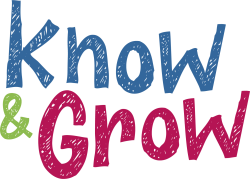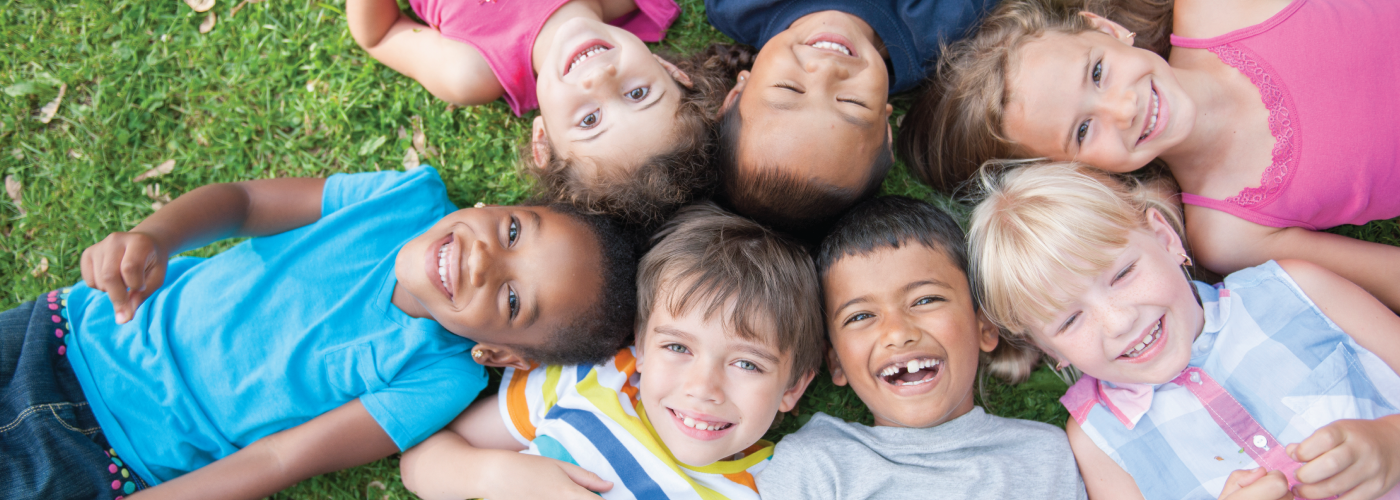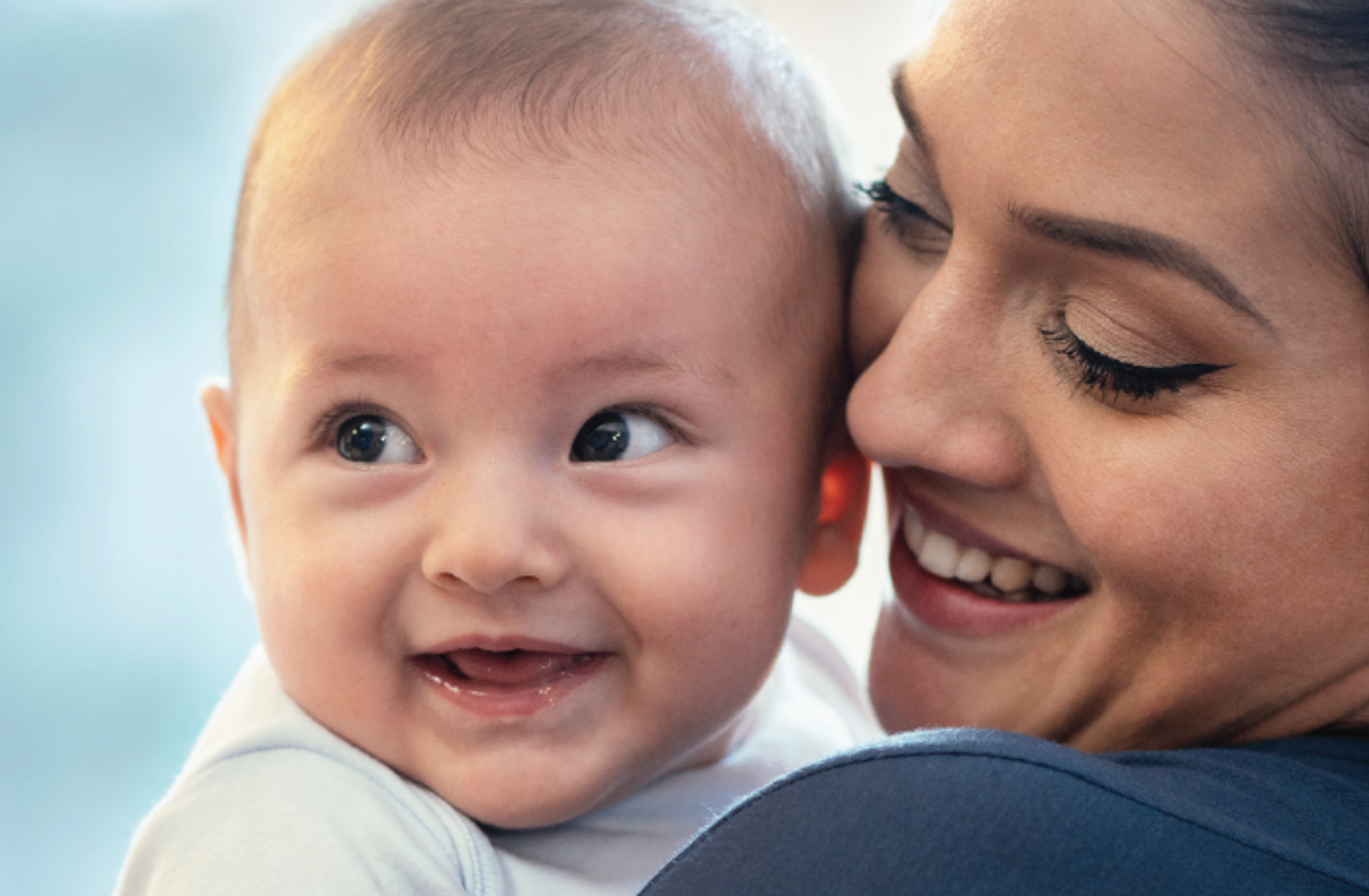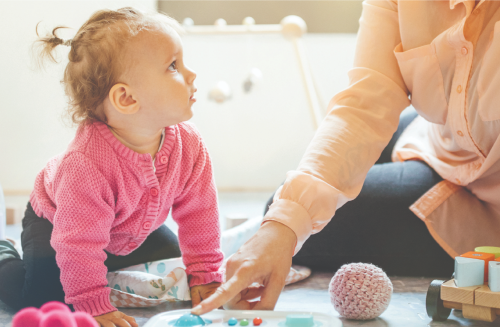Preschoolers 3-5 years
Your child continues to develop healthy attachment throughout the first five years of their life. As a parent, you continue to help shape their experiences by spending time with them and making them feel safe and secure.
Visit our parenting page for online parenting resources and help tracking your child’s healthy development.
Is your preschooler nearly ready to start school? Watch our Getting Ready for Kindergarten series to help make it a smooth transition. Learn more about the Public Health work we do in schools.
Preschooler Growth and Behaviour
| Speech & language |
|
Around 3 to 3 ½ years, you will notice that your child is full of humour, self-confidence and charm. They are more and more talkative, using more words each day. Preschoolers are becoming more aware of the world around them and will start asking a lot of “why” and “how” questions. This is a great time to explain how things work and to use new words to describe different things or feelings. Reading and telling stories will help your child learn new ideas and words. |
| Independence & responsibility |
|
Your child will learn to be more independent. They will want to put on their own shoes, get a drink of water or brush their teeth by themselves. Your child is learning that they can run faster, jump higher and do more with their body. They need praise, encouragement and approval. Encourage your child to help with different chores or activities like putting groceries into the cart, shovelling the snow, or stirring the bowl while you are making dinner. Acknowledge their efforts and be patient with them. Focus on what they are doing well and thank them for being a great helper. |
| Empathy |
|
Your child is learning to understand their own feelings while caring about others’ feelings too. It is important to listen to your child and to respect their feelings. Do not make fun of their fears or shame them for how they feel. Give your child a chance to play with other children. This helps them learn how to take turns, share and be imaginative as they start to form friendships. |
| Safe play |
| Preschoolers need to be watched closely as they are still learning right from wrong and are not always aware of their own limitations. Teaching rules and setting limits and boundaries will help your child learn to be safe while still being playful. |
Here are a few quick tips to remember with your 3 – 5 year old child:
- Listen to your child
- Teach your child to use words to express feelings and help your child deal with emotions
- Try to see the situation from your child’s eyes
- Give a 15 minute warning when an activity or game is about to end
- Do not make fun of your child, shame them or use sarcasm
- Take the time to answer your child’s questions and explain the reason for rules
- Help your child understand how their behaviour affects others
Need more support?
 Call our Know & Grow Line
Call our Know & Grow Line
Speak to a Public Health Nurse to get the answers to all the questions you never knew you had.
- In Oxford County, call the Know & Grow Line at 519-421-9901 x 3473
- In Elgin County, call the Know & Grow Line at 519-631-9900 x 1400













